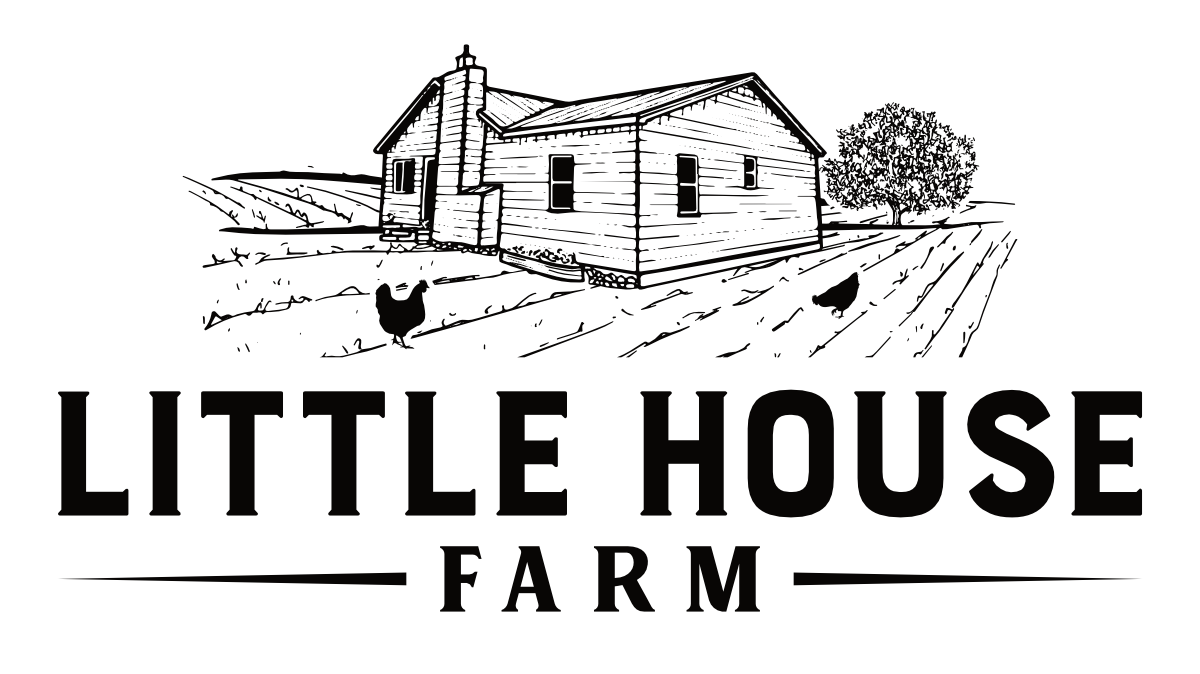Feeding your chickens a well-balanced diet is crucial for their health, productivity, and overall well-being. While commercial feeds are formulated to meet most of their nutritional needs, incorporating whole grains like oats can offer additional benefits. Ground oats, in particular, are gaining popularity among poultry keepers as a supplemental feed. But are ground oats good for chickens? How much should you offer, and are there any risks involved? In this blog post, we’ll explore the advantages and considerations of adding ground oats to your chickens’ diet.
The Benefits of Feeding Ground Oats to Chickens
1. Rich Source of Nutrients
Ground oats are packed with essential nutrients that contribute to your chickens’ health:
- Carbohydrates: Provide a steady source of energy for daily activities and egg production.
- Protein: Supports muscle development, growth, and egg production.
- Fiber: Aids in digestion and promotes gut health.
- Vitamins and Minerals: Contains B-vitamins, iron, manganese, zinc, and magnesium, which support metabolic processes and immune function.
2. Improved Digestibility
Grinding oats makes them easier for chickens to consume and digest. The smaller particle size allows for better nutrient absorption, especially in younger birds or those with underdeveloped gizzards.
3. Supports Feather Health
The protein and essential fatty acids in oats contribute to healthy feather growth and maintenance. This is particularly beneficial during molting season when chickens shed and regrow feathers.
4. Energy Boost During Cold Weather
In colder months, chickens require more energy to maintain their body temperature. The carbohydrates and fats in ground oats provide an excellent energy source to help them stay warm.
5. Cost-Effective Feed Supplement
Oats can be a cost-effective way to supplement your chickens’ diet, especially if purchased in bulk. They can extend commercial feed and reduce overall feeding costs without compromising nutrition.
How Much Ground Oats Is Appropriate?
While ground oats offer many benefits, they should be incorporated properly to maintain a balanced diet:
- Inclusion Rate:
- Chicks and Young Birds: Limit oats to 10-15% of the total diet to prevent digestive issues.
- Adult Chickens: Can handle up to 20-25% of their diet as oats.
- Mixing with Feed:
- Combine ground oats with a complete commercial feed to ensure all nutritional requirements are met.
- Thoroughly mix to prevent selective feeding.
- Feeding Frequency:
- Offer daily as part of their regular feed.
- Adjust the amount based on the chickens’ age, purpose (laying, meat, or ornamental), and overall diet.
Potential Risks and Considerations
1. Nutritional Imbalance
- Dilution of Essential Nutrients: Overfeeding oats can dilute the concentration of essential nutrients provided by commercial feeds, potentially leading to deficiencies.
- Protein Levels: Oats have a lower protein content compared to some other grains. Ensure the overall diet meets the protein requirements for your chickens’ specific life stage and purpose.
2. Digestive Issues
- High Fiber Content: While fiber aids digestion, excessive amounts can lead to digestive upset or reduced nutrient absorption.
- Beta-Glucans: Oats contain beta-glucans, soluble fibers that can become viscous in the gut, potentially leading to sticky droppings or pasty vent in chicks.
3. Mold and Spoilage
- Proper Storage: Oats can attract moisture, leading to mold growth. Store ground oats in a cool, dry place to prevent spoilage.
- Mycotoxins: Moldy grains can produce mycotoxins harmful to chickens. Always check for signs of mold before feeding.
4. Processing Considerations
- Grinding Method: Use appropriate equipment to grind oats to the right consistency. Overly fine grinding can lead to dust, which may cause respiratory issues.
- Whole vs. Rolled Oats: Rolled oats are steamed and flattened, making them more digestible than whole oats but less so than ground oats. Choose the form that best suits your flock’s needs.
Best Practices for Feeding Ground Oats
- Balanced Diet: Ensure that ground oats complement a nutritionally complete feed formulated for your chickens’ specific needs.
- Gradual Introduction: Introduce oats slowly into the diet to allow chickens to adjust and to monitor for any adverse reactions.
- Monitor Body Condition: Regularly assess your chickens for signs of weight gain or loss and adjust feeding accordingly.
- Clean Feeding Areas: Keep feeders clean to prevent mold growth and contamination.
- Provide Grit: Ensure chickens have access to grit, which aids in grinding feed particles in the gizzard, improving digestion.
- Fresh Water Availability: Always provide clean, fresh water, as higher fiber intake may increase water consumption.
Conclusion
Ground oats can be a nutritious and beneficial addition to your chickens’ diet when used appropriately. They offer essential nutrients, support digestive health, and provide an energy boost, especially during colder months. However, it’s important to incorporate oats thoughtfully to maintain a balanced diet and avoid potential risks like nutritional imbalances or digestive issues. By following best practices and monitoring your flock’s health, you can safely include ground oats in your poultry care routine, enhancing the well-being and productivity of your backyard chickens.
Disclaimer: The information provided in this blog post is for educational purposes only and is not a substitute for professional veterinary or nutritional advice. Always consult with a qualified veterinarian or poultry nutritionist before making significant changes to your animals’ diet or health regimen.
